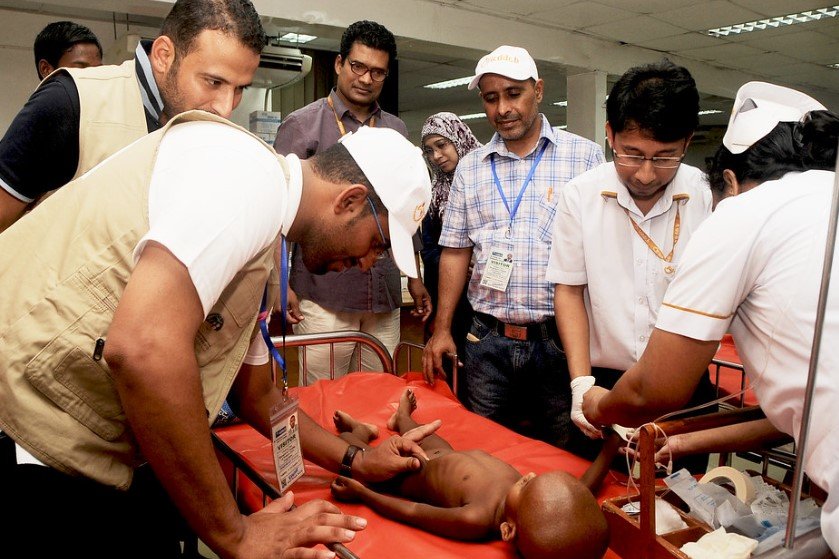Are You Dehydrated? These Quick Tests Can Tell
Fatigue, dizziness, and unexpected sugar cravings—these could be signs that your body is running low on fluids. Yet, dehydration often goes unnoticed until it starts affecting energy levels, concentration, or even mood. Anushka Sharma’s dietician, Ryan Fernando, recently took to Instagram to highlight three easy ways to check if your body needs more hydration.
The Basics of Dehydration
Dehydration happens when the body loses more fluids than it takes in. This imbalance disrupts essential electrolytes like sodium, potassium, and chloride, affecting nerve function and muscle contractions. Whether it’s due to excessive sweating, not drinking enough water, or illnesses like fever and flu, dehydration can take a toll on overall health.
One simple rule? If you’re feeling off, hydration might be the missing piece.

Three Simple Tests to Check Your Hydration Level
Ryan Fernando suggests that checking your hydration isn’t complicated. In fact, you can do it at home within seconds. Here’s how:
1. The Skin Pinch Test
A quick way to check hydration levels is by pinching the skin on the back of your hand.
- Gently pinch and lift a small section of skin.
- Let go and observe how quickly it returns to normal.
- If the skin snaps back immediately, you’re well-hydrated. If it takes a moment to flatten, your body likely needs more fluids.
2. The Urine Color Check
The color of your urine is a straightforward indicator of hydration status.
- Light yellow to clear urine signals good hydration.
- Dark yellow or amber means you need to drink more water.
- Brownish urine could indicate severe dehydration and may require medical attention.
3. The Dry Mouth and Eye Test
If your mouth feels dry or your eyes lack moisture, dehydration could be creeping in.
- Dry, sticky lips and an increase in thirst often indicate a lack of fluids.
- Blinking more than usual due to dryness? Your eyes could be signaling dehydration.
- A mild headache or difficulty concentrating could also be warning signs.
How to Stay Hydrated Without Overthinking It
While eight glasses of water per day is the general recommendation, hydration needs vary based on activity levels, weather, and diet. Instead of fixating on numbers, consider these practical habits:
- Drink a glass of water first thing in the morning.
- Include hydrating foods like cucumbers, oranges, and watermelon in your meals.
- Keep a bottle of water within reach throughout the day.
- Listen to your body—thirst is already a late-stage indicator of dehydration.
The Link Between Hydration and Energy Levels
Skipping water doesn’t just leave you thirsty—it affects how your body functions. Dehydration can lead to:
- Fatigue and sluggishness
- Mood swings and irritability
- Increased sugar cravings due to energy dips
Studies have shown that even mild dehydration can impair focus, memory, and physical performance. If you’re constantly feeling drained, your water intake might be worth revisiting.
